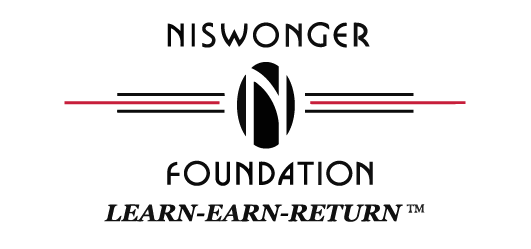Niswonger Foundation Partners With REL AP
Research-Based Practices for Effective Remote Learning
Teachers are facing many challenges with student instruction during the Coronavirus pandemic, including bouncing between in-person classes, virtual learning, and hybrid instruction. They are also called on to address students’ nonacademic needs during this unprecedented health crisis. Educators across the country and around the world are working to discover the most effective methods for delivering online instruction to students in grades K-12.
Researchers from the Regional Educational Laboratory Appalachia (REL AP) have partnered with the Niswonger Foundation and education leaders in Northeast Tennessee to address these challenges. This partnership has developed a train-the-trainer workshop series, which will focus on identified learning needs.
Participants in these free workshops will learn the most effective and productive methods of teaching/learning as they move forward in their schools and districts. Following each workshop, participants will be able to apply what they have learned to their own instruction and be able to support their colleagues in providing high-quality remote instruction. The workshops will focus on:
- SUPPORTING STUDENT ENGAGEMENT IN A VIRTUAL ENVIRONMENT;
- MONITORING ACADEMIC PROGRESS AND PROVIDING FEEDBACK TO STUDENTS; AND
- DESIGNING INSTRUCTION FOR A HYBRID MODEL.
Trainers will receive:
- A CURATED REVIEW OF RESEARCH ON EACH OF THE TOPICS LISTED ABOVE;
- EXAMPLES OF HOW TO IMPLEMENT RESEARCH-BASED INTERVENTIONS;
- OPPORTUNITIES TO DISCUSS STRATEGIES AND CHALLENGES WITH OTHER EDUCATORS IN TENNESSEE;
- MATERIALS DESIGNED TO SHARE THE TRAINING IN SMALL SEGMENTS WITH COLLEAGUES IN THE TRAINER’S HOME DISTRICT; AND
- SMALL-GROUP COACHING SUPPORT WITH RESEARCHERS FOLLOWING EACH SESSION.
The first workshop was held on December 8, with others scheduled for January and March. More than 60 trainers have signed up; they, in turn, will work with hundreds of teachers in their home districts. Early indications are that the partnership is working well; participants are enthusiastic about the training sessions and the materials.
